X-Men: Apocalypse takes place in 1983, and is the first movie set in the new timeline following the temporal reset at the end of Days of Future Past. CIA agent Moira McTaggert (Rose Byrne) is in Egypt investigating a mysterious cult. While spying on one of their rituals, she accidentally sets into motion a chain of events which awakens an ancient mutant who has been sleeping for thousands of years: En Sabah Nur, also known as Apocalypse (Oscar Isaac). According to legend, he was the world’s first mutant, and he dominated the ancient world with an iron fist and multiple mutant abilities. After learning about the state of the modern world, he decides that humankind must be cleansed in order to create a more perfect world, ruled by him of course. To this end, he recruits four lieutenants, known as the Horsemen, including Magneto (Michael Fassbender) and a young girl who will later be known as Storm (here played by Alexandra Shipp). Standing in his way are the X-Men, led by Charles Xavier (James McAvoy), which includes Mystique (Jennifer Lawrence) and young students Scott Summers (Tye Sheridan) and Jean Gray (Sophie Turner).
X-Men: Apocalypse is, quite frankly, a complete and utter mess. It essentially encapsulates everything I hate about many modern superhero films. This is especially disappointing because the X-Men franchise has generally avoided most of these problems in their past films. Apocalypse is essentially just a collection of bloated and generic special effects scenes tied together with an incredibly uninteresting and generic plot. I use the phrase ‘special effects scenes’ intentionally here because I hesitate to even call this an action movie, because there are very few instances of people actually fighting in the conventional sense. It’s mostly just a bunch of effects painted over green screens; the only real exception is one scene which functions as the obligatory Wolverine cameo, which is otherwise pointless to the plot of the film. And it’s not even particularly good special effects at that, although CGI is so ubiquitous these days I may just be getting bored of it.
Apocalypse has none of the things that have made any of the previous X-Men films so interesting. It lacks the biting social commentary and interesting villains which made the first two films so meaningful. It lacks the fun-filled action that made First Class so enjoyable, and the change of style and setting that made The Wolverine feel different. It’s missing the general epicness which made Days of Future Past so triumphant, and the humor and heart which made Deadpool one of my favorite films of the year so far. The only X-Men film that it seems similar to is Origins: Wolverine- the one that was so bad that most people pretend that it doesn’t exist.
So what does X-Men: Apocalypse have? It has Oscar Isaac, who is criminally misused considering he does nothing but stand around in a blue rubber suit and yell at people in a vaguely Middle-Eastern accent. It has Jennifer Lawrence, who looks like she would rather be anywhere but on that set. It has magical ancient Egyptian pyramids, and laser swords coming out of Olivia Munn’s hands. It has the villain misusing Xavier's telepathy for their own nefarious purposes (again). It has Magneto reliving his days in Auschwitz (again). It has colonel Stryker torturing Wolverine (again). And it has a bizarre slow-motion scene of Xavier’s School for Gifted Youngsters exploding while the weirdly peppy “Sweet Dreams Are Made of This” by the Eurythmics plays over it.
To be fair, I did see this film less than a week after the infinitely better Captain America: Civil War, which didn’t do it any favors. But that doesn’t change the fact that the whole movie is an incoherent mess. This is particularly surprising considering that it is directed by Bryan Singer, who previously directed the first two films of the series and Days of Future Past, all considered high-points of the film franchise. Maybe there was a lot of executive meddling. Maybe the screenplay was rushed. Maybe he just doesn’t care anymore. But whatever it is, X-Men: Apocalypse is not only the worst movie I’ve yet seen this year (note: I did not see Batman v. Superman), it is quite possibly the worst incarnation of the X-Men film franchise so far. It’s not quite Fantastic Four levels of bad, but nevertheless make sure to avoid it at all costs.
It’s a shame, I was really looking forward to this movie.
Grade: F
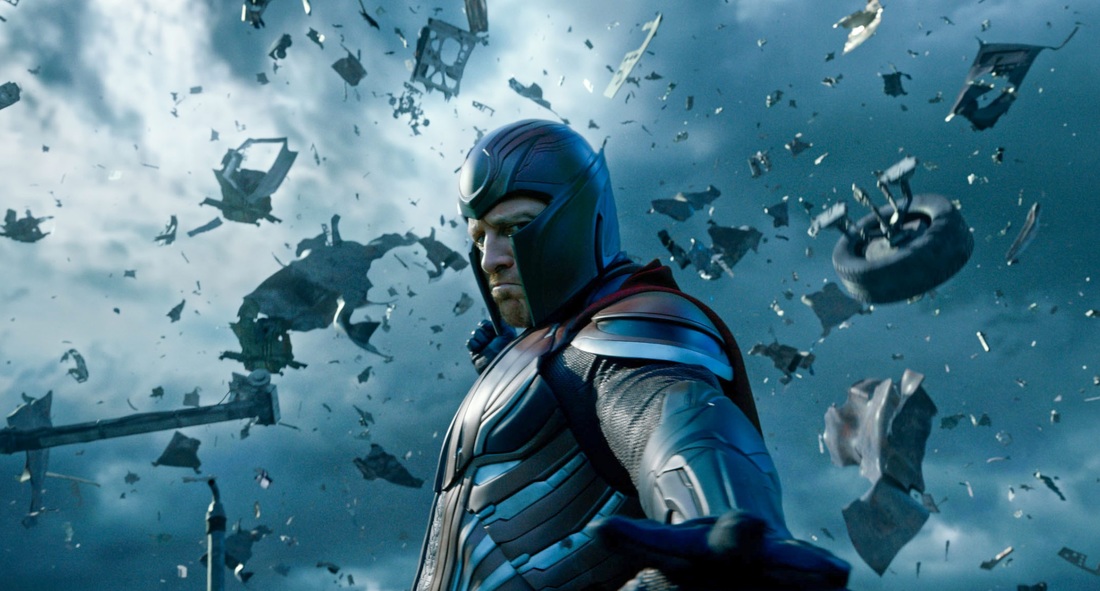
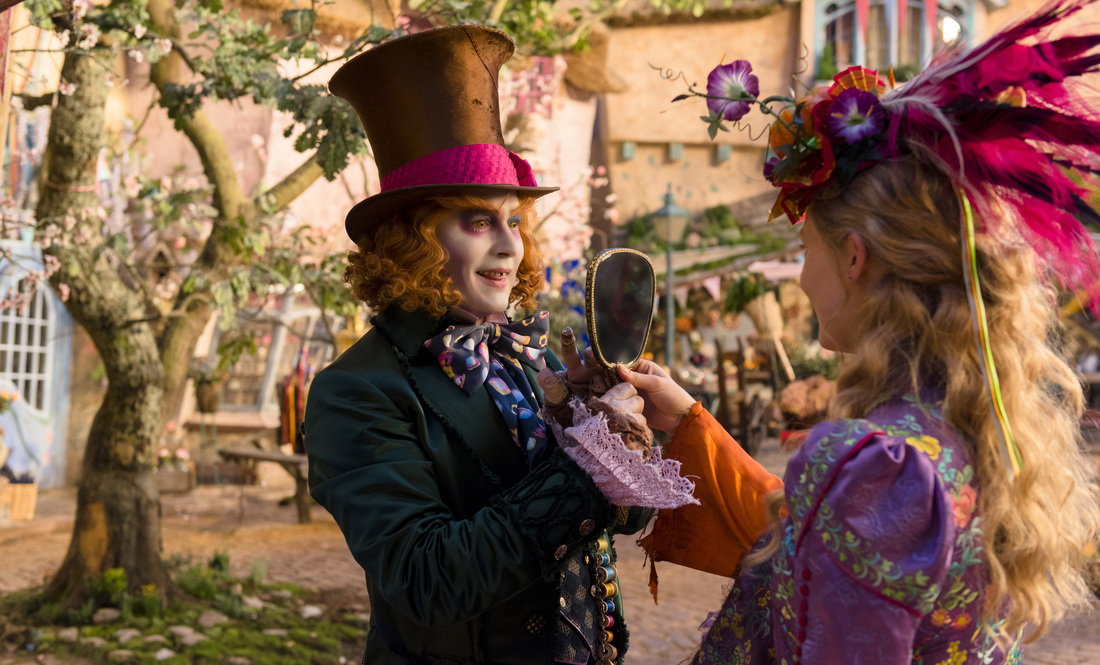
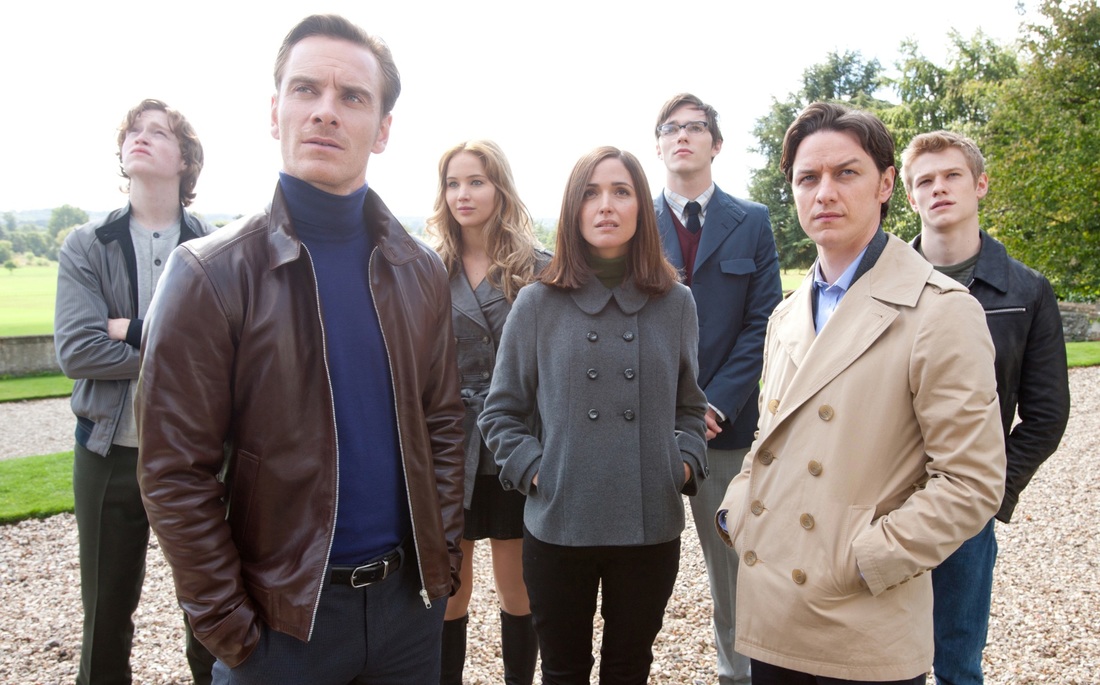
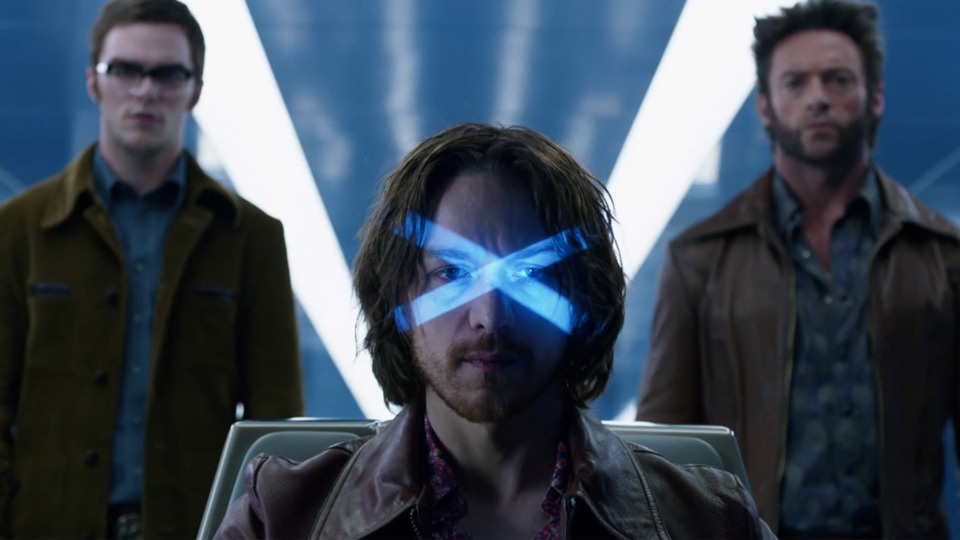
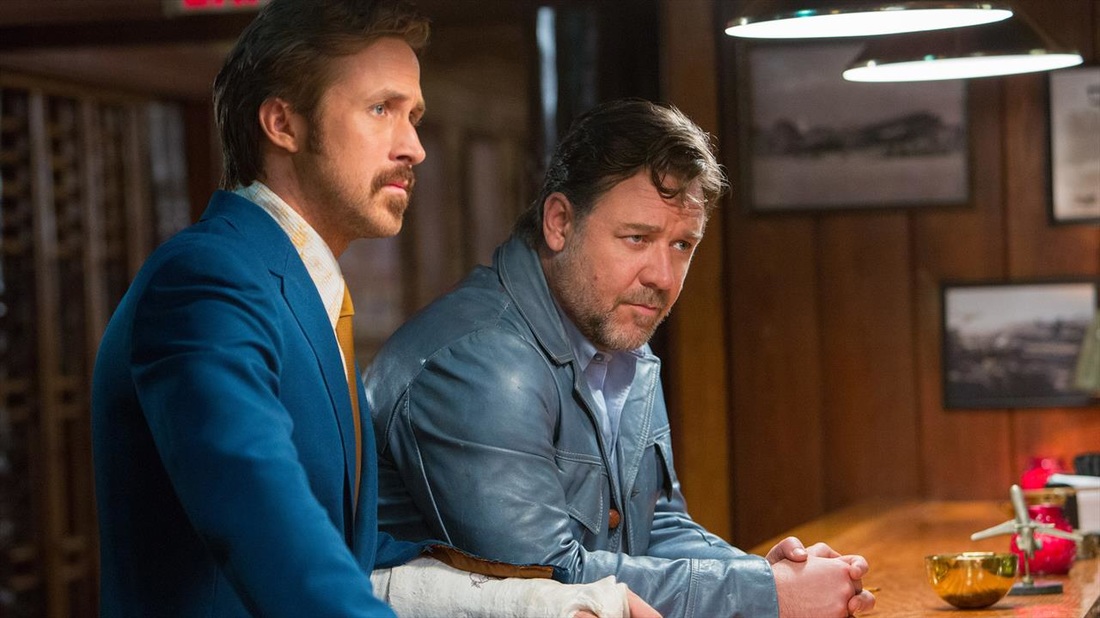

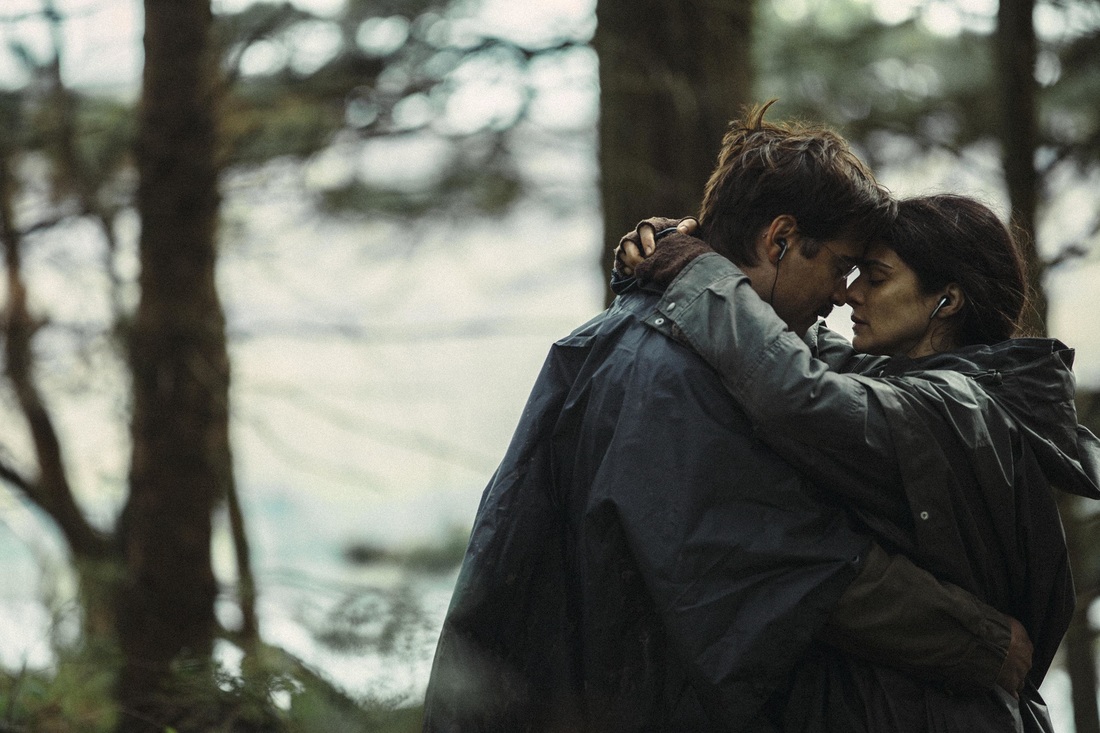
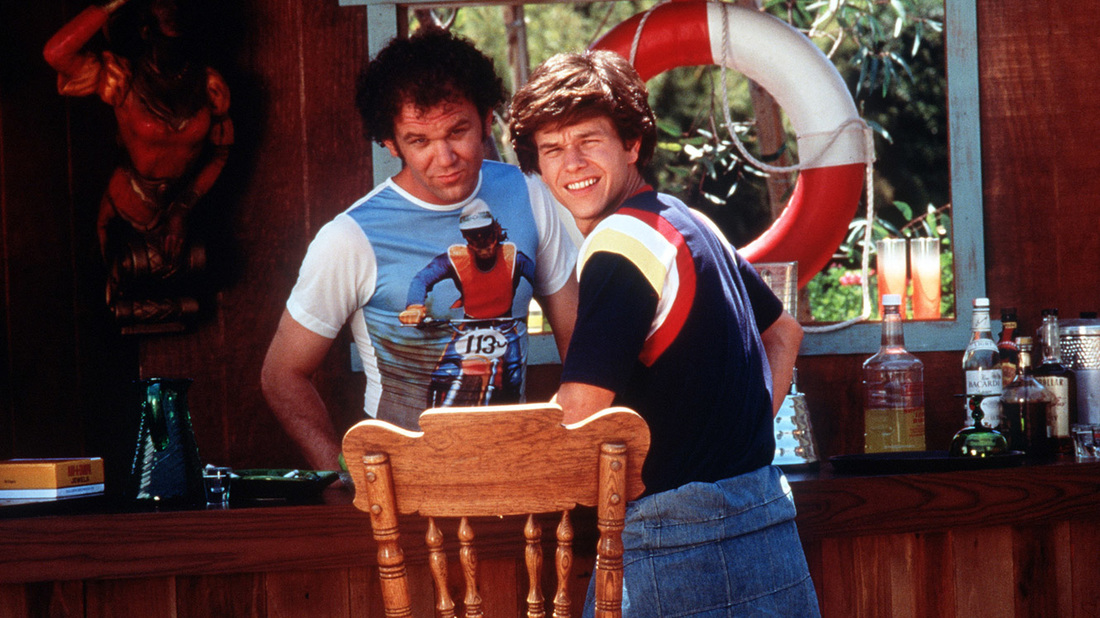
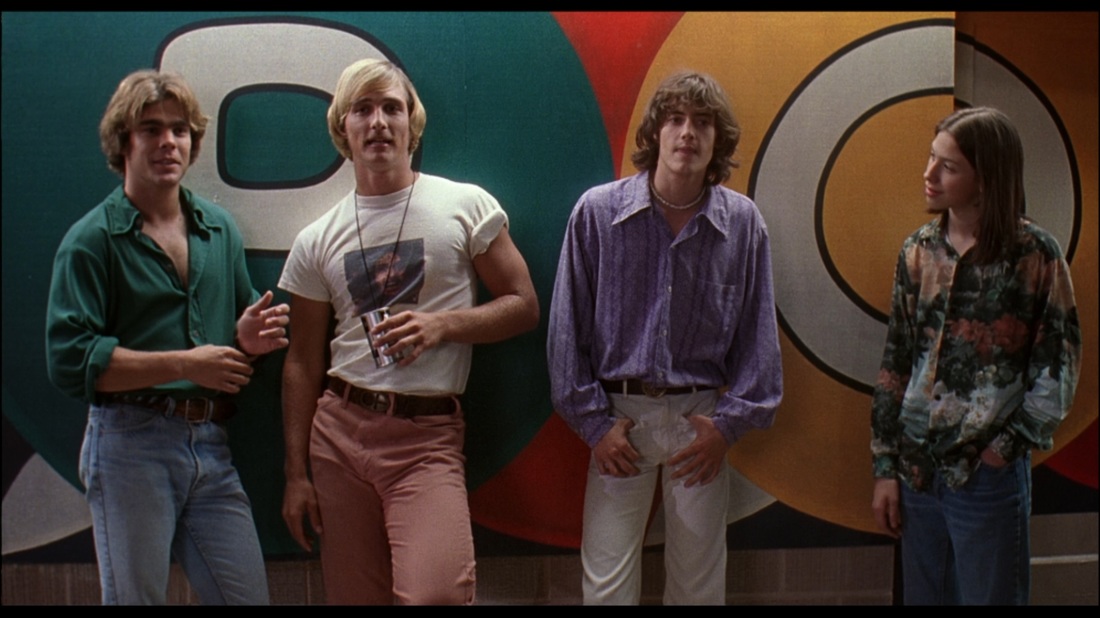
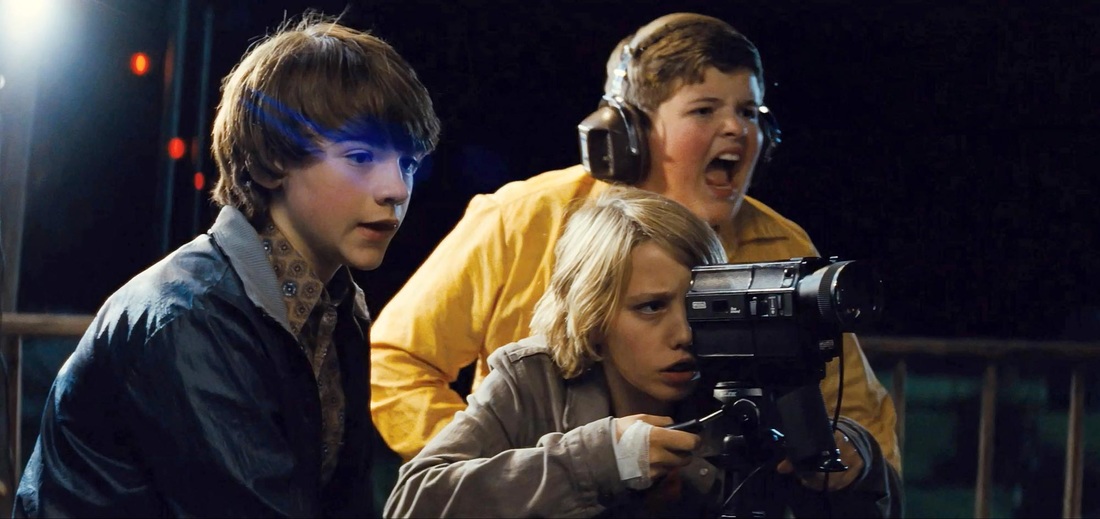
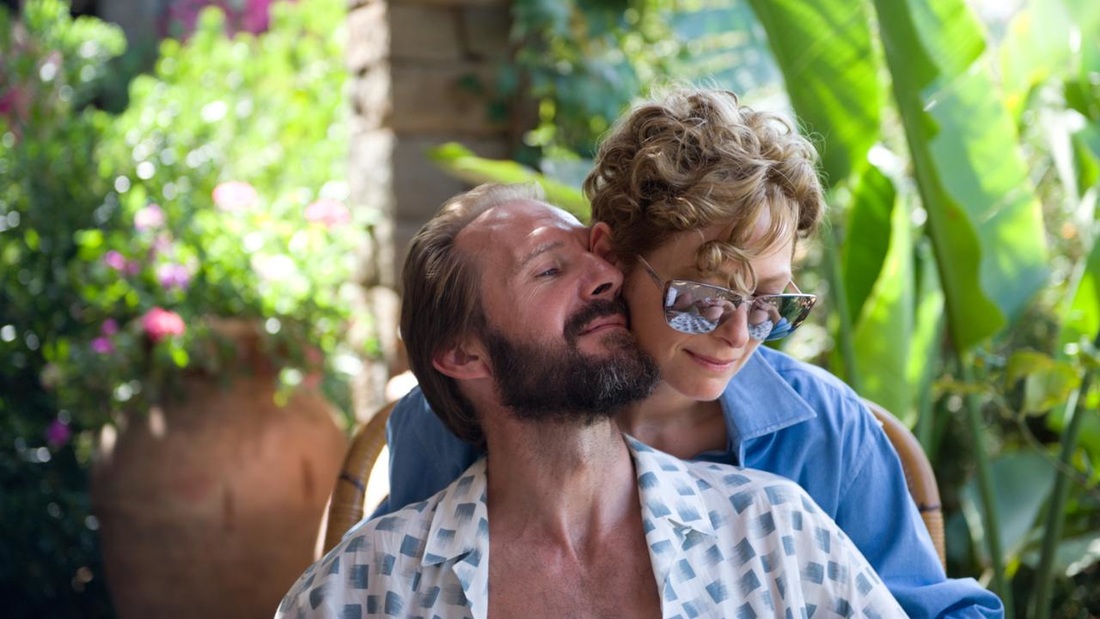
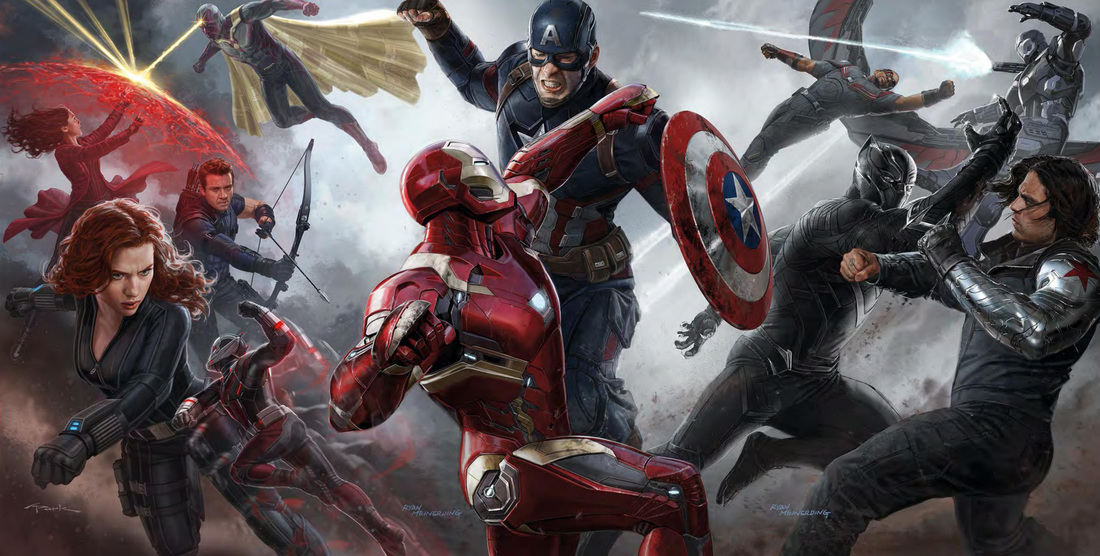
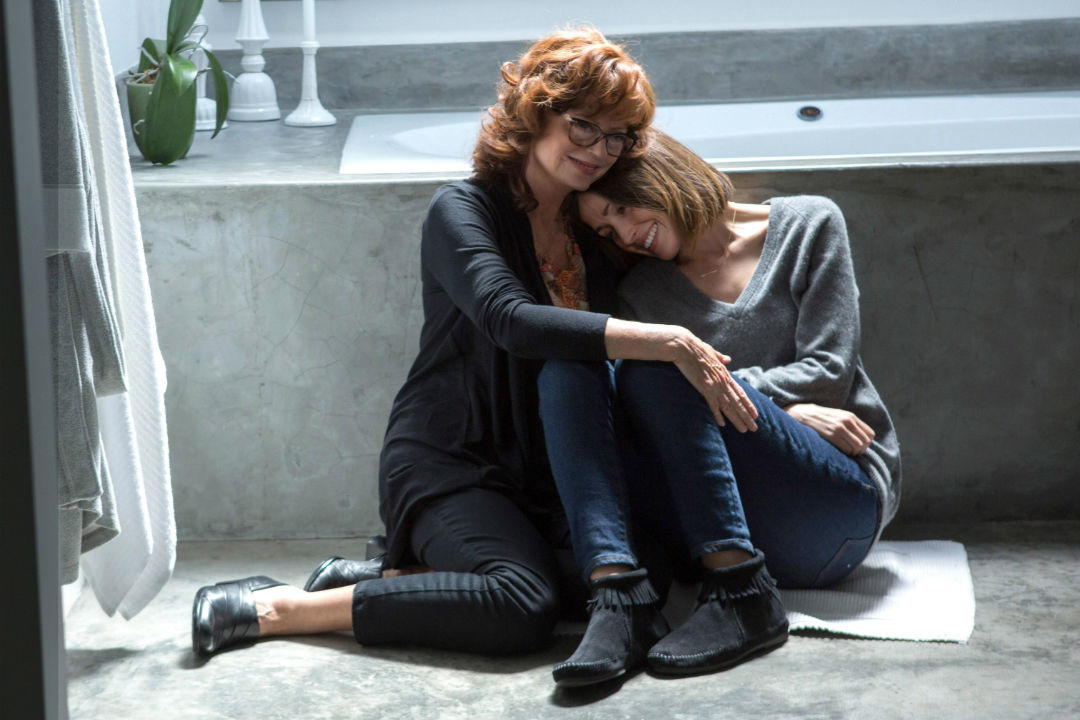
 RSS Feed
RSS Feed
